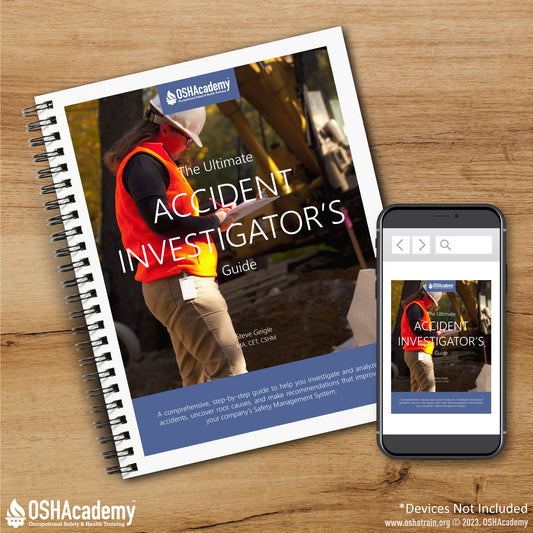
Lead Exposure Dangers
Share
Author: Sam Matsumura
The threat of occupational-related lead exposure has been in existence for many years. Many people no longer view lead as a serious safety problem. This decreases employer responsibility to implement preventative measures for lead exposure in worker safety.
Why is lead exposure dangerous?
Lead exposure can accumulate over time causing increasing health risks without presenting symptoms. As low-level exposure continues, long term damage may occur in kidneys, nervous system, and cognitive abilities.
Lead exposure can also be transferred. For example, an employee can carry exposed clothes home and pose a risk to other family members. Once the exposure occurs, lead levels build and continually increase. This is why it’s important to limit the body to lead exposure.
A Recent Study
In California's Department of Public Health January report, more than 6,000 workers in the state had elevated lead levels between the year 2012 and 2014. The Center for Disease Control and Prevention (CDC) defines this as roughly 5 micrograms per deciliter.
The findings compute to OSHA's estimate that over 800 thousand general industry and construction workers are likely being exposed to lead. OSHA requires employers to ensure worker safety under general industry, shipyards, and construction standards.
Employer’s Responsibility
If you are an employer, these are a few OSHA requirements intended to minimize worker lead exposure during and after an active shift:
- Testing air for lead and establish controls for fumes or lead dust in the workplace.
- Testing worker blood-lead levels.
- Workers are informed of possible lead exposure related to their job and provide appropriate training.
- Provide Personal Protective Equipment (PPE).
According to the CDC, jobs associated with lead exposure include the following: auto repairers, bridge construction workers, plastic manufacturers, miners, painters, battery manufacturing, shipbuilders, plumbing, demolition, and many more.
As a safety professional, you should know if lead exposure is a possibility. If your job can be exposed to lead, make sure to follow safe practices set by your employer. It's best to talk to your employer if you see improvements necessary for your worker safety.



